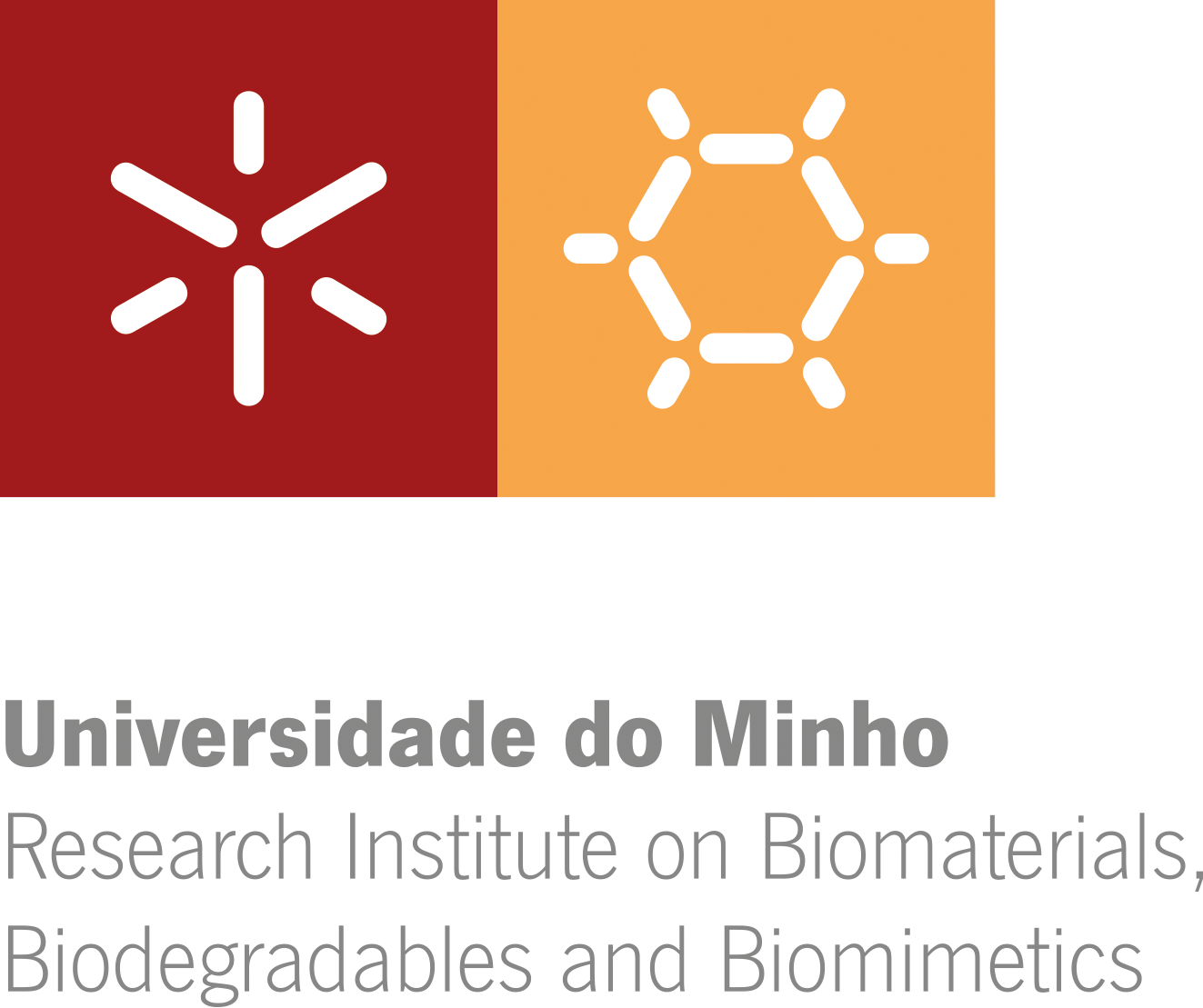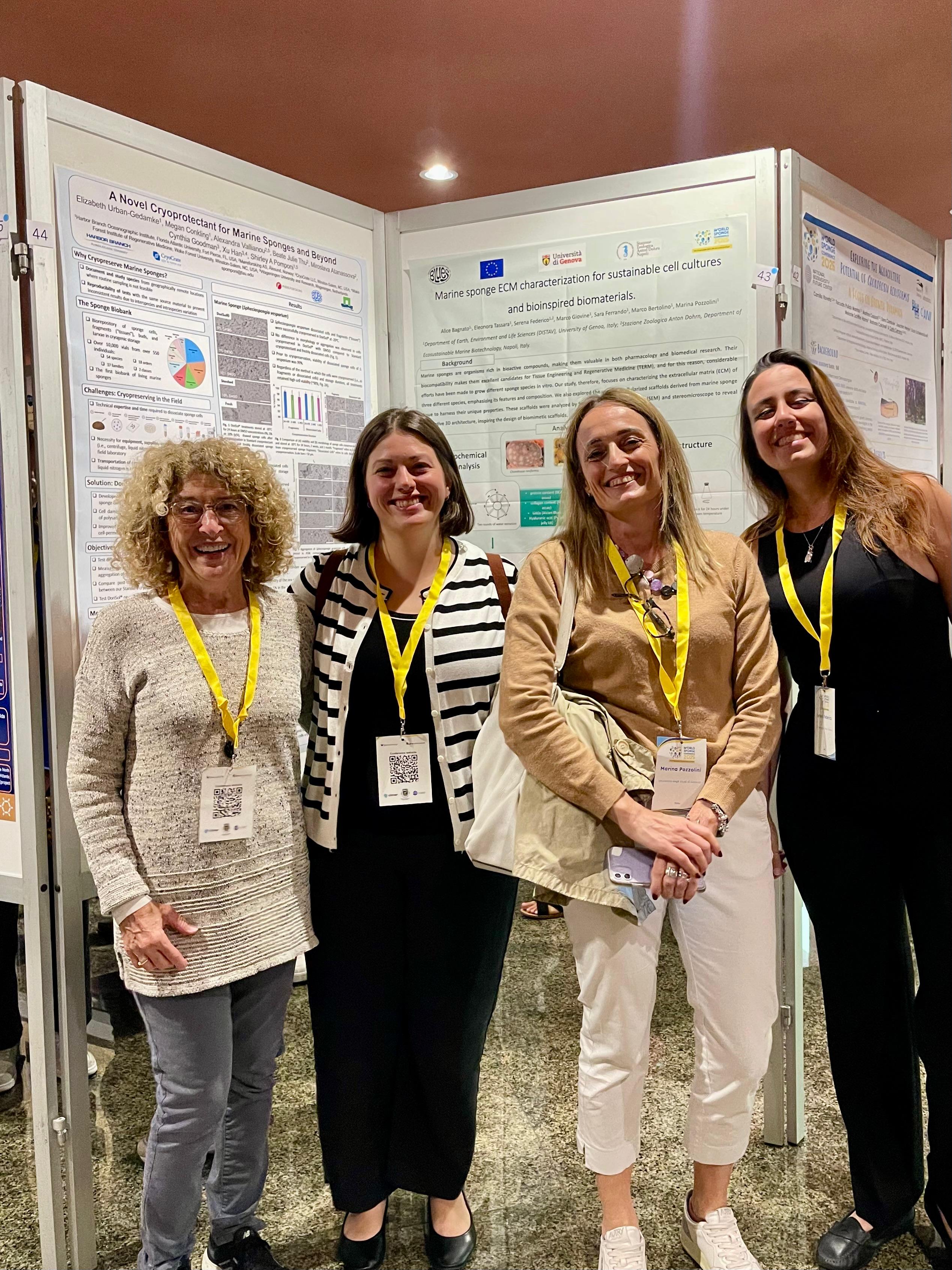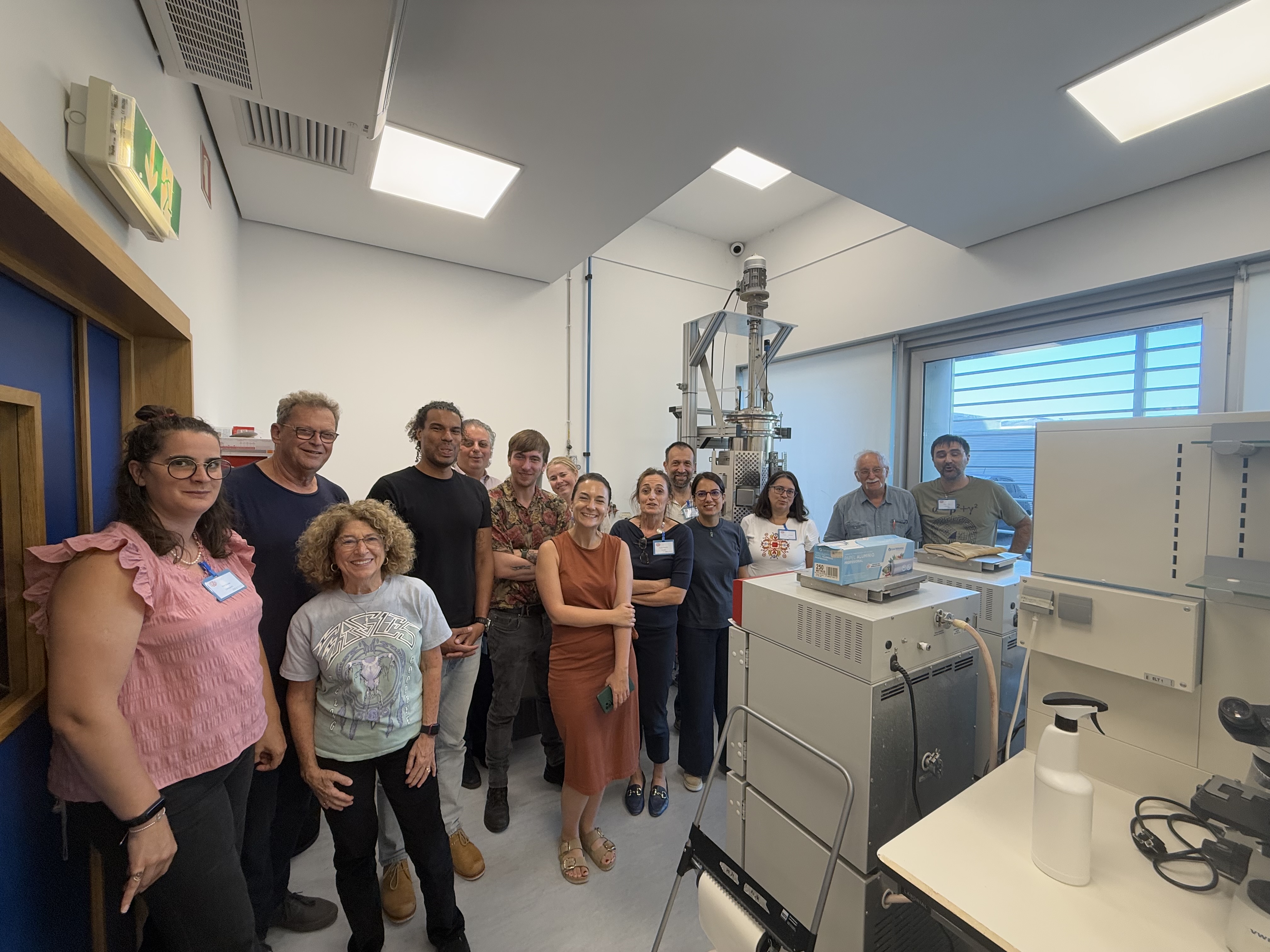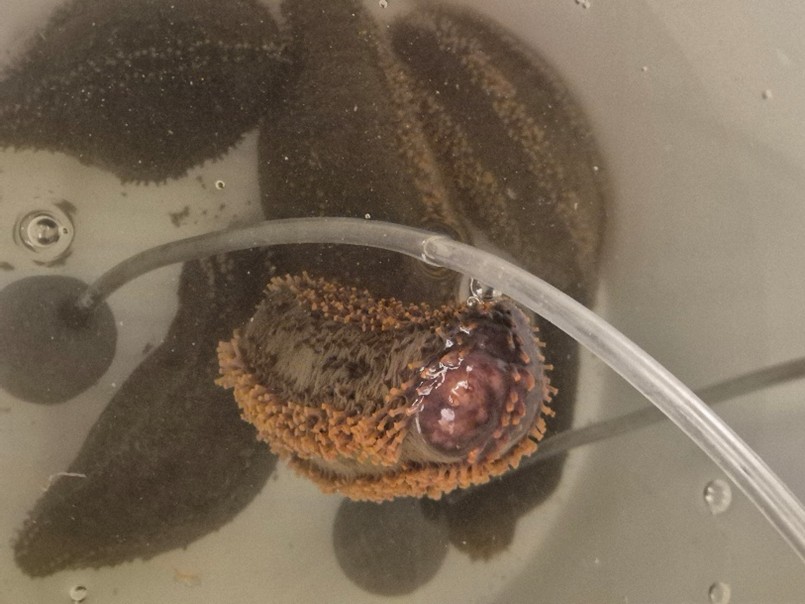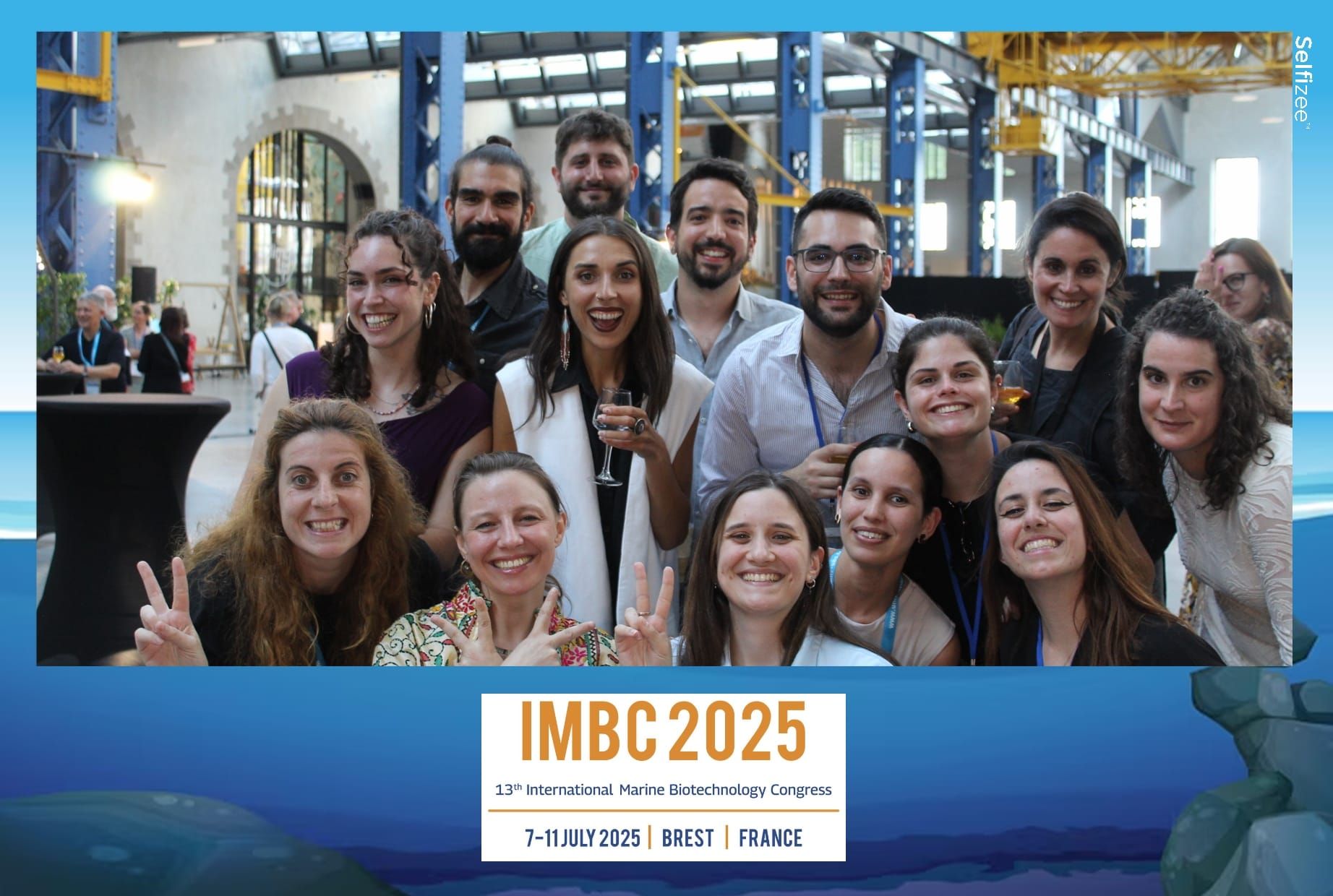Driving innovation in marine biotechnology
BLUES unlocks the potential of marine invertebrates, developing novel cultivation systems for sustainable production of unique bioactive compounds. Our breakthroughs in continuous cell lines pave the way for eco-friendly industrial bioprocesses, reducing reliance on wild harvesting and fostering a circular economy in the Blue Bioeconomy.

